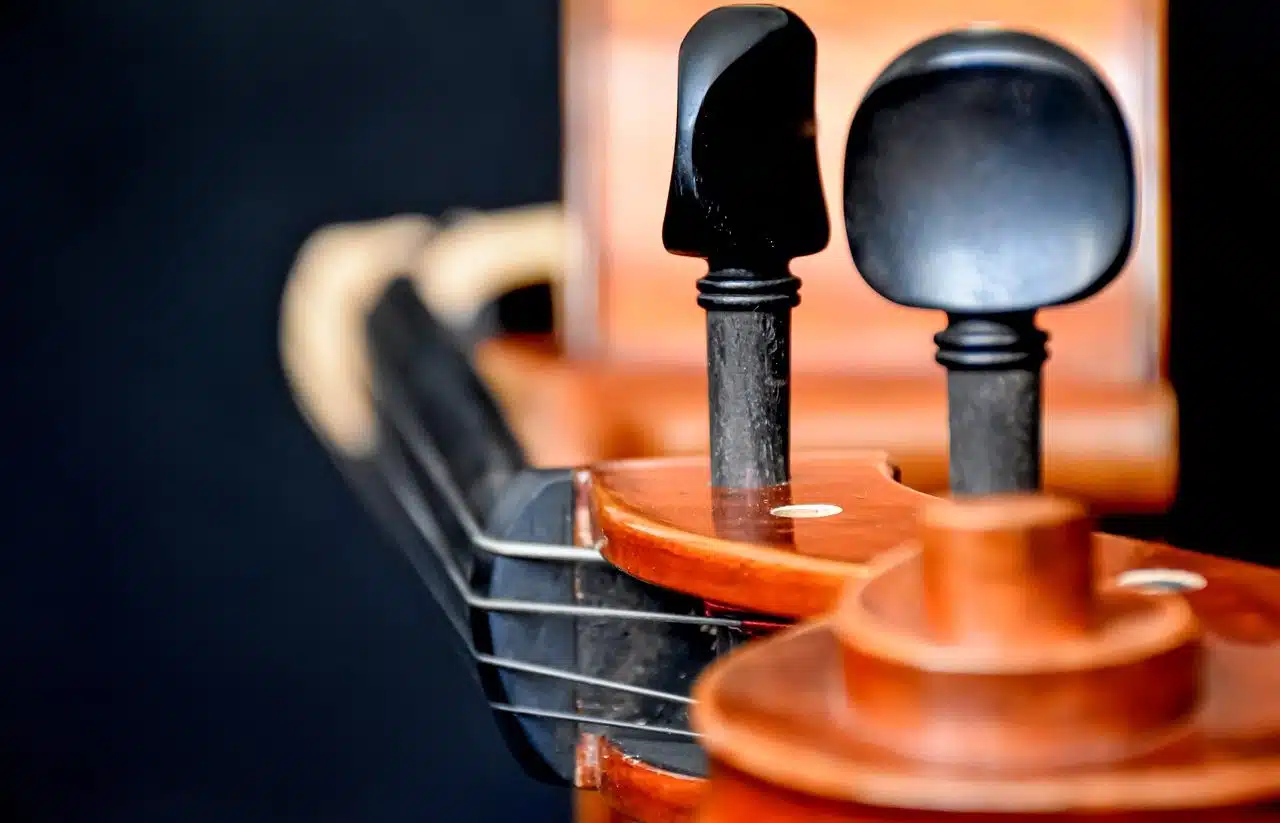
Tuning is very important in music.
Tuning is the process and result of tuning . This verb refers to retouching, correcting or improving something . The term is also used for the action that seeks to increase the quality of a thing.
For example: “We have to adjust the last details and the final tuning, but the machine is almost ready” , “I usually write my books in a few weeks but then I invest several months in fine-tuning the texts” , “We are close to reaching an agreement: we only have to fine-tune some clauses.”
Tuning in music
The notion of tuning is widely used in the field of music in reference to ensuring that instruments reproduce each of the notes that make up their total extension according to a certain convention, as necessary for the pieces that you want to play. . This can be done in many ways; One of them, very common and practical, is to use a tuning fork as a guide. Some sentences that use the term in this context are: “The musician interrupted the concert on several occasions to proceed with tuning his guitar” , “Tomorrow the teacher will teach me how to develop the tuning of the bass” , “I think something is wrong in piano tuning .
The goal of a tuning system is to develop various frequency links between the vibrations generated by the notes that are part of a scale. These links are described by the intervals between the notes .
The tuning of each musical instrument will vary according to its characteristics. The piano is usually tuned using the tempered system , while string instruments that have frets are tuned by perfect fifths or fourths (strumming the strings in the air).
The famous but misunderstood A 440 corresponds to the “A” note that is located above the central “C” of the piano, and its name indicates that when played it vibrates constantly 440 times per second . This particular note is used as a reference standard when tuning an instrument today, unlike in past times, in which the number of vibrations was lower.

There are singers who achieve good intonation naturally.
A process that can be complex
Singing students tend to be the ones who suffer the most from problems when it comes to tuning, given that, although there are other instruments (apart from the voice) that present similar difficulties, such as the violin, the fact that the vocal cords are part of our body means that not achieving the desired tuning results in double disappointment.
For some people, getting a good tuning is a natural matter, which does not require any conscious effort. However, vocal music can be very complex, and when a singer enters the realms of coloratura (the most ornate sung music), any innate ability is insufficient to achieve results that are acceptable or even pleasing to the ear . the spectators. On the other hand, those who fight with their own vocal systems to fine-tune the notes of simple vocalization exercises usually think that they will never overcome their barriers, which is not necessarily true.
Vocal music is riddled with myths, and it is just as possible for a promising student to stagnate when faced with a real challenge, as it is for a humble aspirant with tuning problems to overcome them and fulfill his dreams. To tune it is necessary to educate the brain , provide it with information about tonalities and the different relationships and tensions that exist between notes. This does not mean that we can all become great singers, but that the path is much more complex than is believed and that education often makes the difference.
